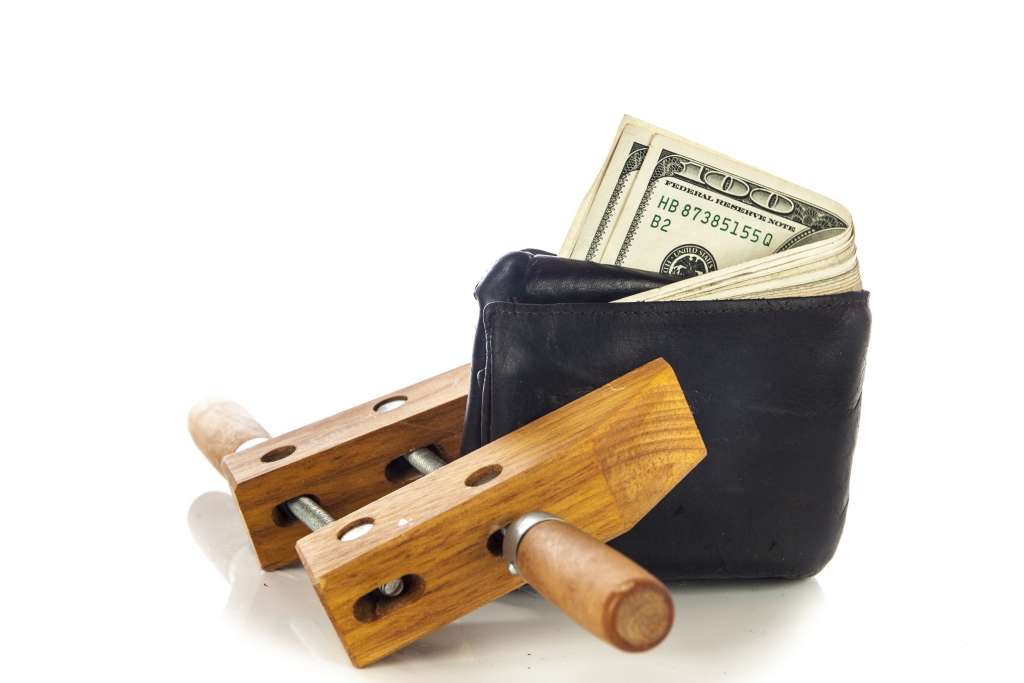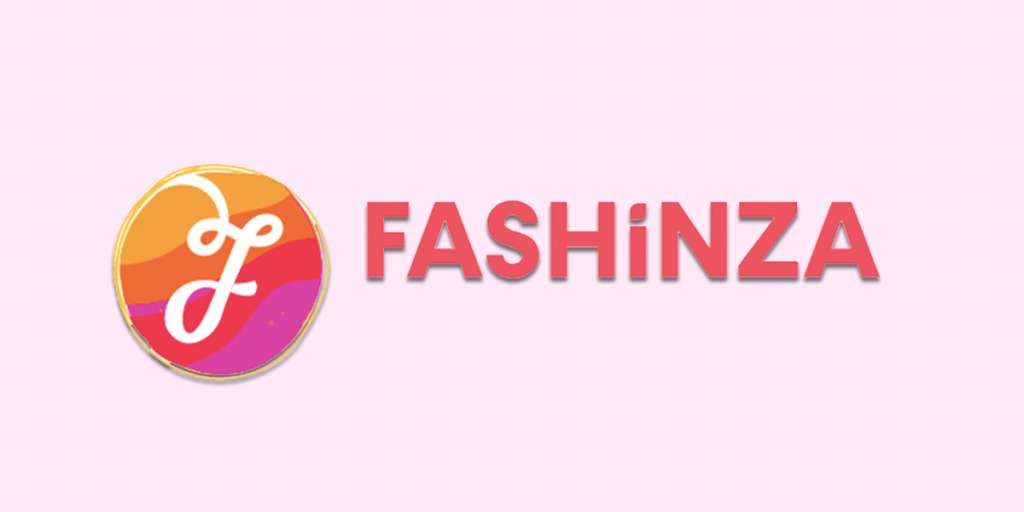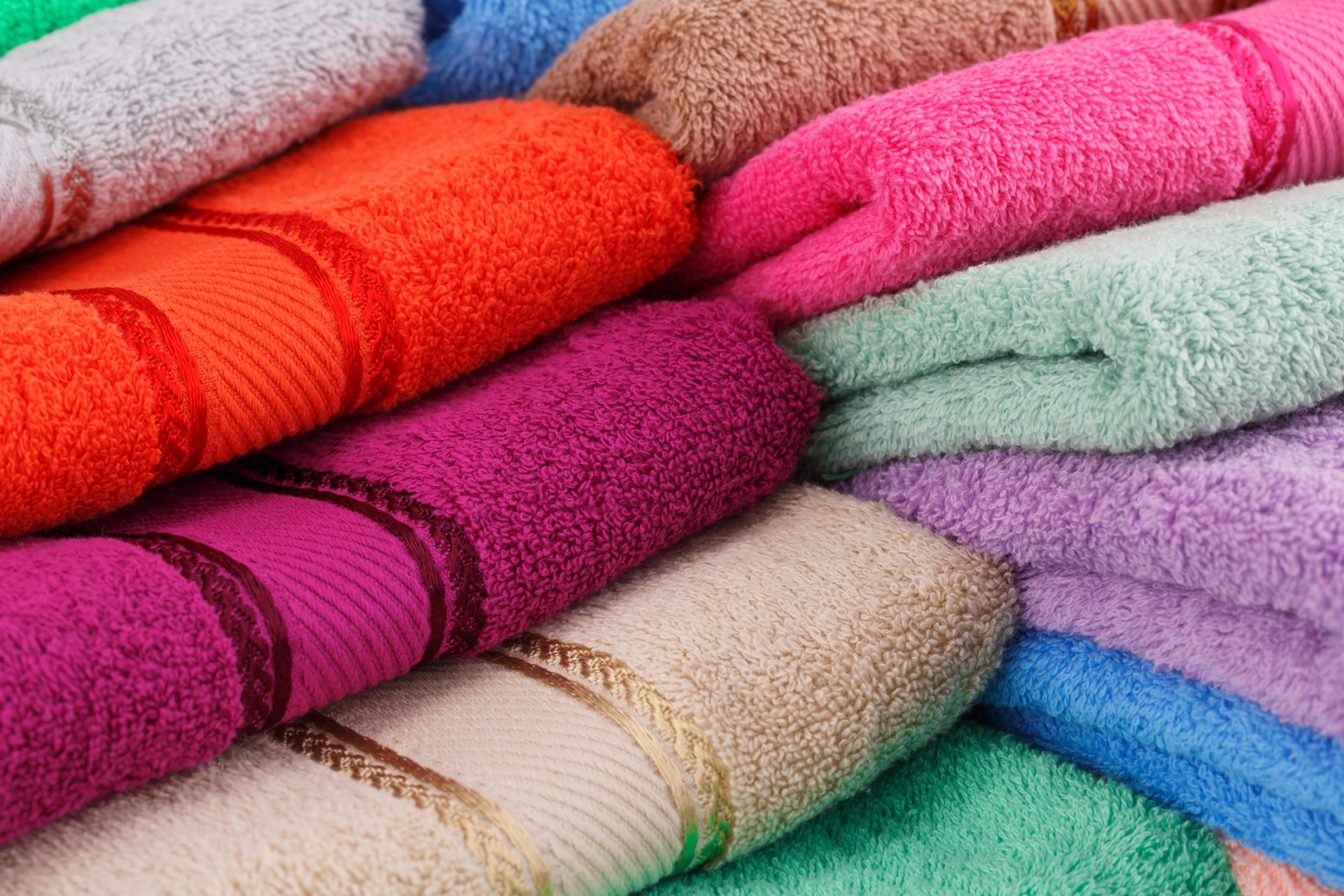5 Great Tips on Choosing the Best Clothing Manufacturer for Small Runs



Brands and fashion designers who have just launched their clothing lines often struggle to find clothing manufacturers that meet their needs. Small order quantities and tight budgets may easily dissuade the manufacturers from working with them.
Moreover, the daunting task of finding suppliers of raw materials can make their business journeys more challenging. Here are five great tips to help clothing lines find effective solutions to run their production in small batches. Read on to find out how beginners can find appropriate clothing manufacturers to manage their small businesses!
1. Talk to industry experts
Before setting up an online clothing line, beginners must do their research. They need to have a clear understanding of their target audience, competitors and other industry-related information. They also need to learn the nitty gritty of the trade. This is where talking to an experienced professional will help. These experts can provide valuable insights and tips regarding how the fashion industry works.
It may be hard to find experts through offline channels. However, online B2B platforms are great places to connect with fashion industry experts. They can guide new brands on all aspects of running their new business, right from planning, designing and sourcing to production and expenses.
Their valuable recommendations can be used to create an inspiring collection of apparel that appeals to online buyers. Industry experts may also introduce the new brands to clothing manufacturers who work with small clothing lines!
2. Find the right clothing manufacturers
Online platforms that allow startups to find industry experts may also help them search for clothing manufacturers. Finding clothing manufacturers who accept lower minimum order quantities (MOQs) may be challenging.
Some private label manufacturers may agree to work with small MOQs such as 50 pieces per order. However, startups must ensure they don’t compromise on quality.
To guarantee the quality, they can appoint designers who demand a few samples before engaging in bulk production. The samples must be checked carefully to confirm that the final products are of great quality.
Brands should also set tight deadlines for manufacturers to deliver the products. This will considerably shorten the production cycle and help them focus on marketing and promotions.

Clothing manufacturers usually charge higher prices for lesser quantities. However, startups can offer long-term contracts to negotiate the pricing. It is essential to carry out stringent quality checks before entering into long-term contracts.
3. Source suppliers prudently
Finding suitable suppliers to provide raw materials at economical prices can be difficult. Startups can search for suppliers in the local markets or reach out to suppliers based in Hong Kong, China, and other neighboring countries.
Local markets may provide high-quality fabrics and embellishments. However, they may be costlier. In contrast, foreign suppliers may offer their ware at affordable prices, but their quality and delivery standards may be questionable.
Smart entrepreneurs usually go for suppliers who provide premium quality fabric at reasonable rates. They also look for manufacturers who can communicate without language barriers. It will help them build great working relationships with the suppliers.
Sourcing clothing manufacturers who can offer quick shipping times is also essential. The supplier can be local or international. Their experience and expertise should also be considered while collaborating for small runs.
4. Evaluate the production process
There are two types of clothing manufacturers in the market, viz. cut, make, trim (CMT) and FPP (Full Package Production). CMT works for clothing lines that have experience in designing their products by themselves. For instance, they may be sewing the initial copies of their apparel by hand and looking for someone who can produce them in bulk.
In this case, the designers already know the fabrics, embellishments, and finishing materials used. However, clothing lines without prior experience in manufacturing clothes might like to work with FPP manufacturers. The FPP manufacturers choose the fabrics, trimmings, and embellishments on their own and craft them as per the patterns suggested by the designers.
Therefore, clothing lines must determine the kind of clothing manufacturer they need to manufacture their designs. Also, FPP products are usually costly as the manufacturer must carry out all the work, including sourcing. However, they are recommended to beginners who want to taste how things work in the fashion industry.
5. Working with a tight budget
Clothing lines that have just commenced their journeys usually work with a tight budget. However, as their budget is limited, the margin for error is too thin. They cannot afford to entertain minor production errors, which can disturb their overall budget.

This is not the case with big fashion brands that roll out a large number of items every day. Therefore, even if there are some production errors, it doesn’t affect their overall cost.
Small-time clothing lines will have to provide accurate details related to tech packs to deal with such issues. They should also request quotes from multiple manufacturers to determine the ones that suit their budget and quality requirements perfectly.
They may ask the manufacturers to provide a breakup of BOM (Bills of Materials) for each product to manage their production within the given budget.
Startups who work with a small budget and are looking for manufacturers who could offer small runs at reasonable pricing can think of alternative models. For instance, they could look for drop shipping services if they don’t have their own storage space. Dropshipping model is adopted mainly by eCommerce platforms that want to sell the items without worrying about storing them. The suppliers, in this case, will drop their products directly at the customer’s doorstep. Startups may use products from multiple suppliers to expand their collections.
Or, they can work with distributors who offer apparel at wholesale rates. The distributors can provide them with the finished goods, which can be labeled and forwarded to the retail buyers.
However, these alternate models aren’t what clothing lines might prefer in the long run. It is because they want to create designs that are unique and appealing at the same time.
Conclusion
Small clothing lines often face various challenges in managing their limited production requirements. An end-to-end production management platform can ensure the smooth functioning of start-ups and small brands.
Fashinza provides a tech-based manufacturing platform that clothing brands can use to source their fabric suppliers and manufacturers. The Fashinza platform enables brands to request quotes and communicate with clothing manufacturers directly. Startups can request quotes from the manufacturers through the portal and order samples.
The Fashinza platform uses AI and data algorithms to match suppliers. It also offers end-to-end production to merchandising support and a dedicated customer success manager. Other offerings include customized designs and tech packs, forecast-driven designs for designs/fabric, and 45 days turnaround time for designs.
The platform enables brands to track their production in real-time. It has digitized assembly lines to speed up the process and reduce errors. Its Data driven quality control saves time and cost.

Partner with Fashinza now and jumpstart your clothing line venture!



















